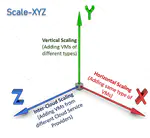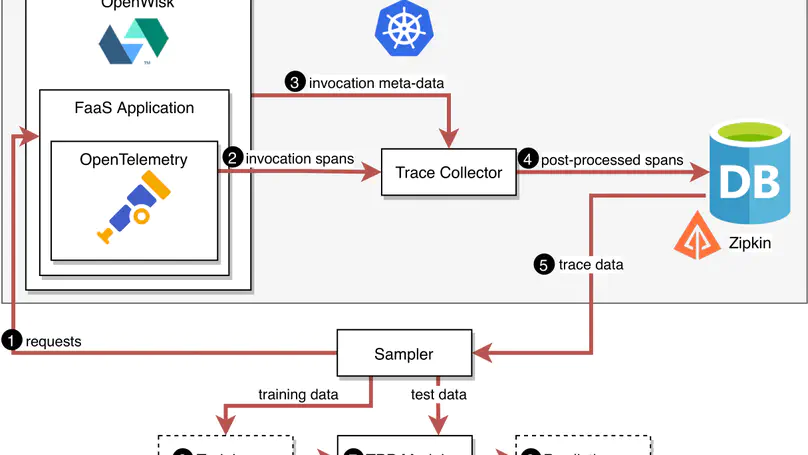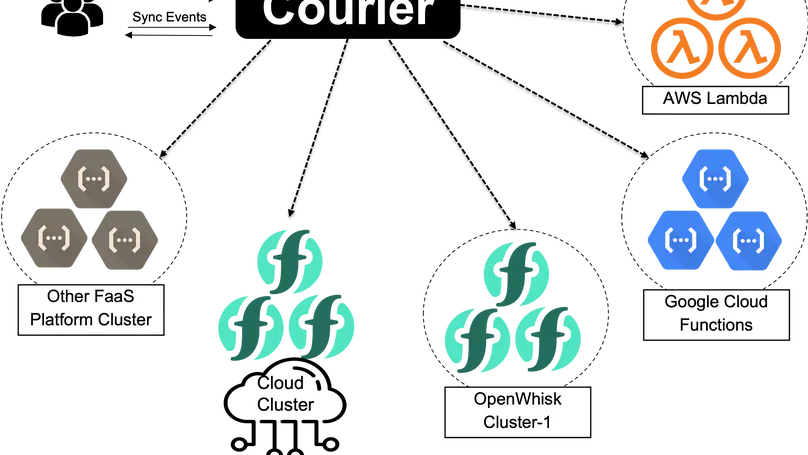AJindal
SRE
Argo AI
Biography
Anshul is currently working as SRE II at Argo AI, where he is responsible for building Terraform based modules automation for AWS and Azure Cloud for different teams. This also involves building Kubernetes platform using EKS and AKS with GitOps functionality using Flux and GitHub. He has also built CI/CD piplelines using GitHub actions with self-hosted runners. Furthermore, he is also responsible for building and maintaining monitoring stack based on Prometheus, Fluentibit, Promtail, Loki, and Thanos.
Before joining Argo, h did a Ph.D. at the Technical University of Munich, where he has built a Function Delivery Network based on Virtual Kubelet, a network of distributed multi-cloud and hybrid-cloud serverless platforms providing Function-Delivery-as-a-Service (FDaaS), scheduling the serverless functions to the right target platforms based on the required computational and data demand. He has collaborated on various projects related to EdgeAI and AIOps with the Huawei Munich research center and BMW Munich during his Ph.D.
From 2014 to 2016, he worked at Samsung Semiconductors, Bengaluru, India, as a Senior Software Engineer. There, he worked on the development of firmware for NVMe-based PCIe SSDs.
- DevOps
- SRE
- Cloud Infrastructure
- Serverless Computing
-
Ph.D. in Computer Science (Cloud Computing)
Technical University of Munich, Germany
-
MSc. in Informatics, 2018
Technical University of Munich, Germany
-
B. Tech. in Computer Science and Engineering, 2014
National Institute of Technology Hamirpur, India
Experience
Responsibilities include:
- Research in the area of extending serverless computing for heterogeneous compute/architecture devices.
- Federated learning using FaaS fabric.
- Anomalies detection, root cause analysis and predictive maintenance for Cloud Infrastructure.
- Performance Modeling of Microservices and FaaS-based functions.
Responsibilities include:
- Edge AI with focus on DNN Split Computing and Early Exiting for edge-cloud continuum.
- Created automatic deployment infrastructure for EdgeAI with Kubernetes, KubeEdge and Sedna, using Ansible.
Responsibilities include:
- Research in the area of Multi-layer (containers and virtual machine level) autoscaling for the cloud-based applications.
- Developed web-based cloud computing lecture exercises automatic correction framework.
Responsibilities include:
- Worked in the memory division, which involved the design and development of the firmware for PCIe based NVMe Solid State Drives.
- Involved in the development of Reservation and Virtualization feature (SR-IOV) for a multi-function/multi controller architecture based Solid State Drive (Samsung’s SSD, PM1725).
- Worked for two months on an onsite project at Memory Division, Samsung Headquarters, South Korea.
- Involved in development of an emulator of a SSD storage controller in C++.








